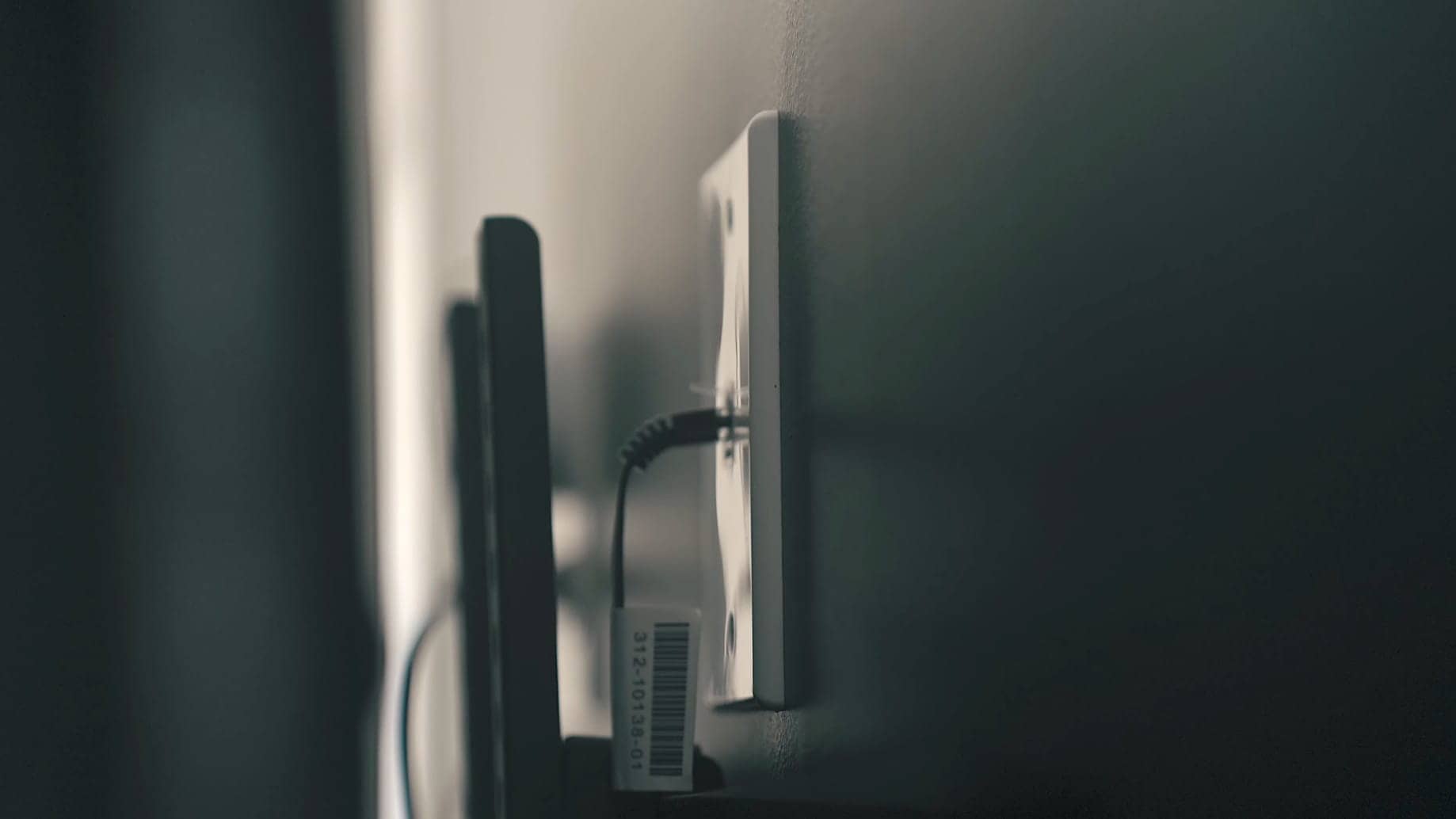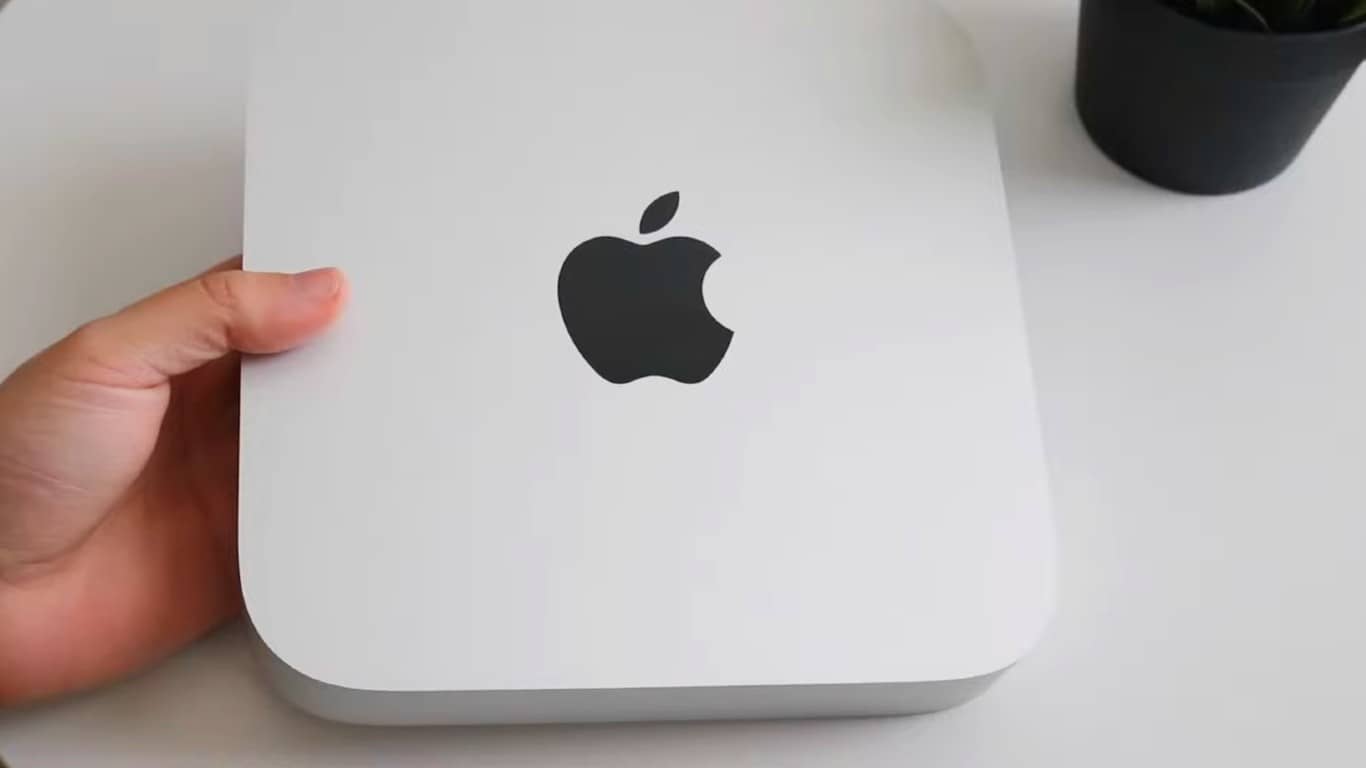Introduction
In our contemporary, tech-centric society, computers hold a significant position in our everyday routines. But when they encounter issues and are in need of computer repairs, we’re often faced with a dilemma:
Is it cheaper to repair or replace a computer?
..or should we consider other options, like replacing Microsoft Windows (or MacOS), or waiting for a better time to buy a new computer? This article aims to analyse the costs and benefits of repairing versus replacing a computer, taking various factors into account.
Brief overview of the dilemma between repairing and replacing a computer
Computers, like all electronic devices, are prone to wear and tear, hardware failures, and software issues. When issues emerge, we frequently find ourselves contemplating queries like: should we fix our computer or purchase a new one, and what should be the reasonable cost for a computer repair? Choosing the appropriate course of action can be an overwhelming endeavour, particularly in light of the swift progress in technology and the extensive array of choices accessible in the marketplace.
Factors to consider when deciding between repairing or replacing a computer
The choice between repairing or replacing a computer hinges on numerous elements, including the;
- device’s age and type,
- the problem at hand,
- repair expenses,
- replacement costs, and
- environmental consequences.
To arrive at a well-informed conclusion, it is crucial to assess the advantages and disadvantages of both alternatives while taking into account their long-term repercussions.

Find out how Gooroo can support you
Objective: Analyse the costs and benefits of repairing versus replacing a computer
By examining various factors and exploring the pros and cons of each option, you’ll be better equipped to determine if it’s worth getting a computer repaired or if you should buy a new one. For professional computer repairs, it’s essential to choose a reputable service provider that offers competitive pricing and guarantees the quality of their work. This article aims to help you navigate the complex decision-making process and determine whether you should repair your PC, buy a new one, or even consider other alternatives. In the next parts, we’ll look closer at what affects the decision to fix or replace a computer, discuss the good and bad of both choices, and help you decide based on what you like, what’s important to you, and what it means long-term.Factors Influencing the Decision
When determining whether to repair or replace a computer, several factors come into play. Knowing these factors can assist you in making a smart choice that fits your requirements and tastes.Age of the computer
- Expected lifespan of various computer components: The age of your computer plays a crucial role in deciding whether to repair or replace it. Most computers have an average lifespan of 3-5 years, with some components lasting longer than others. For instance, solid-state drives (SSDs) and processors may last up to 10 years, while hard disc drives (HDDs) and graphics cards may need replacement within 3-5 years. As your computer ages, the likelihood of encountering issues or needing repairs increases.
- Impact of technological advancements on older computers: Technological advancements can render older computers obsolete, limiting their compatibility with new software and hardware. For example, if you’re still using a computer with an old operating system, you might find that the latest software no longer supports it. In such cases, you might ask yourself, “should you buy a new computer now or wait?”. If your current system is no longer meeting your requirements, replacing it may be a more sensible choice than repairing it.
Type of damage or issue
- Hardware failures: Hardware failures can range from minor issues, like a faulty fan, to more severe problems, like a damaged motherboard. In cases of minor issues, repairing your computer can be a cost-effective solution. However, for more complex problems, the cost of repair might exceed the value of the computer, making replacement a better option.
- Software problems: Software issues can often be resolved through updates, patches, or reinstalling the operating system. These solutions are typically more affordable than hardware repairs, making it worth considering if your computer is experiencing software-related problems.
- System performance issues: If your computer’s performance is lagging, you might wonder, “is it better to repair or replace windows, or should you fix your computer or buy a new one?”. Upgrading individual components, like adding more RAM or a new SSD, can significantly improve system performance at a fraction of the cost of a new computer.
Cost of repair
- Professional repair services: When looking for computer repair near you, it’s essential to compare prices and reviews to find a reputable provider. Repair expenses can differ greatly based on the problem’s specifics and the expertise of the service provider.
- DIY repair solutions: For tech-savvy individuals, DIY repair solutions can save money. However, it’s crucial to weigh the risks and consider your technical expertise before attempting a DIY repair.
Replacement costs
- Price range of new computers: New computers come in a wide range of price ranges, from budget-friendly options to high-end models. When considering a replacement, it’s essential to determine the features and specifications you need and find a computer that meets your requirements without overinvesting in unnecessary features.
- Cost of upgrading specific components instead of replacing the entire system: In some cases, upgrading individual components, such as the RAM or graphics card, can provide a performance boost at a lower cost than buying a new computer.
Environmental impact
- E-waste considerations: Repairing your computer can help reduce e-waste, as it extends the device’s lifespan and minimises the number of electronic devices that end up in landfills.

Repairing the Computer
When deciding whether to repair or replace your computer, it’s crucial to evaluate the pros and cons of repairing the device. This section explores the advantages and drawbacks of opting for computer repairs.
Pros of repairing
- Cost-effectiveness for minor issues: For minor hardware or software issues, repairing your computer can be a more cost-effective solution than replacing it. A simple repair, such as replacing a faulty fan or updating the operating system, can resolve the problem and extend the life of your device without incurring the expense of purchasing a new computer.
- Extending the life of the device: Repairing your computer can extend its lifespan, allowing you to continue using it for a longer period. This can be particularly beneficial if you have a high-quality device that meets your needs and preferences.
- Reducing e-waste: By repairing your computer, you contribute to reducing e-waste and promoting more sustainable electronics consumption. Repairing helps extend the life of electronic devices, decreasing the number of devices that end up in landfills.
Cons of repairing
- Repair costs for major issues may exceed replacement costs: For more complex or severe issues, the cost of repairing your computer may be higher than the cost of purchasing a new device. In such cases, replacing the computer might be a more sensible option, as it provides access to the latest technology and improved performance.
- Limited support and compatibility for older hardware and software: As technology advances, older hardware and software may become outdated and lose support from manufacturers. This can make it challenging to find replacement parts or compatible software updates for older computers, limiting the feasibility of repairing the device.
- Possibility of recurring issues: Repairing your computer doesn’t guarantee that you won’t encounter additional problems in the future. In some cases, issues may recur, resulting in ongoing repair expenses and frustration.
In the following section, we will examine the pros and cons associated with replacing the computer.
Replacing the Computer
When considering whether to repair or replace your computer, it’s essential to evaluate the benefits and drawbacks of purchasing a new device. This section examines the advantages and potential downsides of opting for a replacement.
Pros of replacing the computer
- Access to the latest technology and improved performance: By purchasing a new computer, you gain access to the latest technology and enjoy improved performance compared to your older device. This can be especially beneficial if your current computer is struggling to keep up with modern software and hardware requirements.
- Comprehensive warranties and support: New computers typically come with a manufacturer’s warranty and support, which can provide peace of mind and save on potential repair costs in the future. This can be an advantage over repairing an older computer that may no longer be under warranty or have limited support options.
- Avoiding the hassle of repairs: Replacing your computer allows you to avoid the inconvenience and potential risks associated with repairs. You can enjoy a brand new device with updated features and performance without worrying about ongoing issues or the need for future repairs.
Cons of replacing the computer
- Higher upfront cost: Purchasing a new computer generally comes with a higher upfront cost compared to repairing your existing device. It’s essential to weigh this cost against the potential benefits of improved performance, updated features, and a new warranty.
- E-waste generation: Replacing your computer contributes to the production of e-waste, as your old device may end up in a landfill. This is an important consideration when deciding between repairing and replacing, especially if you’re concerned about the environmental impact of your decision.
- Potential for overinvestment in unnecessary features: When buying a new computer, it’s easy to be tempted by the latest features and specifications. However, it’s crucial to carefully consider your actual needs and avoid overinvesting in features that you might not use or need.
Making the Final Decision
Weighing costs and benefits
When choosing between repairing or replacing your computer, it’s crucial to balance the advantages and disadvantages of both alternatives. Consider factors such as the age of your device, the nature of the issue, the cost of repairs, replacement costs, and environmental impact. By evaluating these factors, you can make an informed decision that best suits your needs and priorities.
Personal preferences and priorities
Ultimately, the decision to repair or replace your computer will depend on your personal preferences and priorities. You may value the environmental benefits of repairing your device, or you might prioritise the performance improvements that come with a new computer. Consider what matters most to you when making your decision.
Considering the overall value and long-term implications
When weighing your options, think about the overall value and long-term implications of repairing or replacing your computer. Consider factors such as the potential for recurring issues, compatibility with future software and hardware, and the benefits of a new warranty when making your decision.

Conclusion
Recap of the main factors influencing the decision to repair or replace a computer
In conclusion, deciding whether to do computer repairs or replace a computer involves considering various factors, including the age of the device, the type of damage or issue, the cost of repair, replacement costs, and the environmental impact. By carefully weighing these factors, you can make an informed decision that aligns with your needs and values.
Importance of a comprehensive evaluation based on individual circumstances
Every situation is unique, and the best choice for one person may not be the best choice for another. It’s essential to evaluate your individual circumstances and consider factors such as your budget, preferences, and long-term goals when deciding whether to repair or replace your computer.
Encouragement to make an informed decision that suits one’s needs and values
As you navigate the decision-making process, remember to take the time to gather all the necessary information and weigh the pros and cons of repairing or replacing your computer. By doing so, you can make an informed decision that best meets your needs and aligns with your values.
Whether you choose to repair your current device or invest in a new one, the most important factor is to ensure that the decision you make is well-suited to your specific situation and requirements. In the end, the choice between repairing and replacing your computer comes down to a careful evaluation of your individual needs, preferences, and circumstances. By considering factors such as the age of your device, the nature of the issue, repair and replacement costs, and the environmental impact, you can make a well-informed decision that suits your needs and values.
Regardless of the path you choose, remember that the ultimate goal is to have a reliable, functional computer that serves you well in your personal and professional life.

